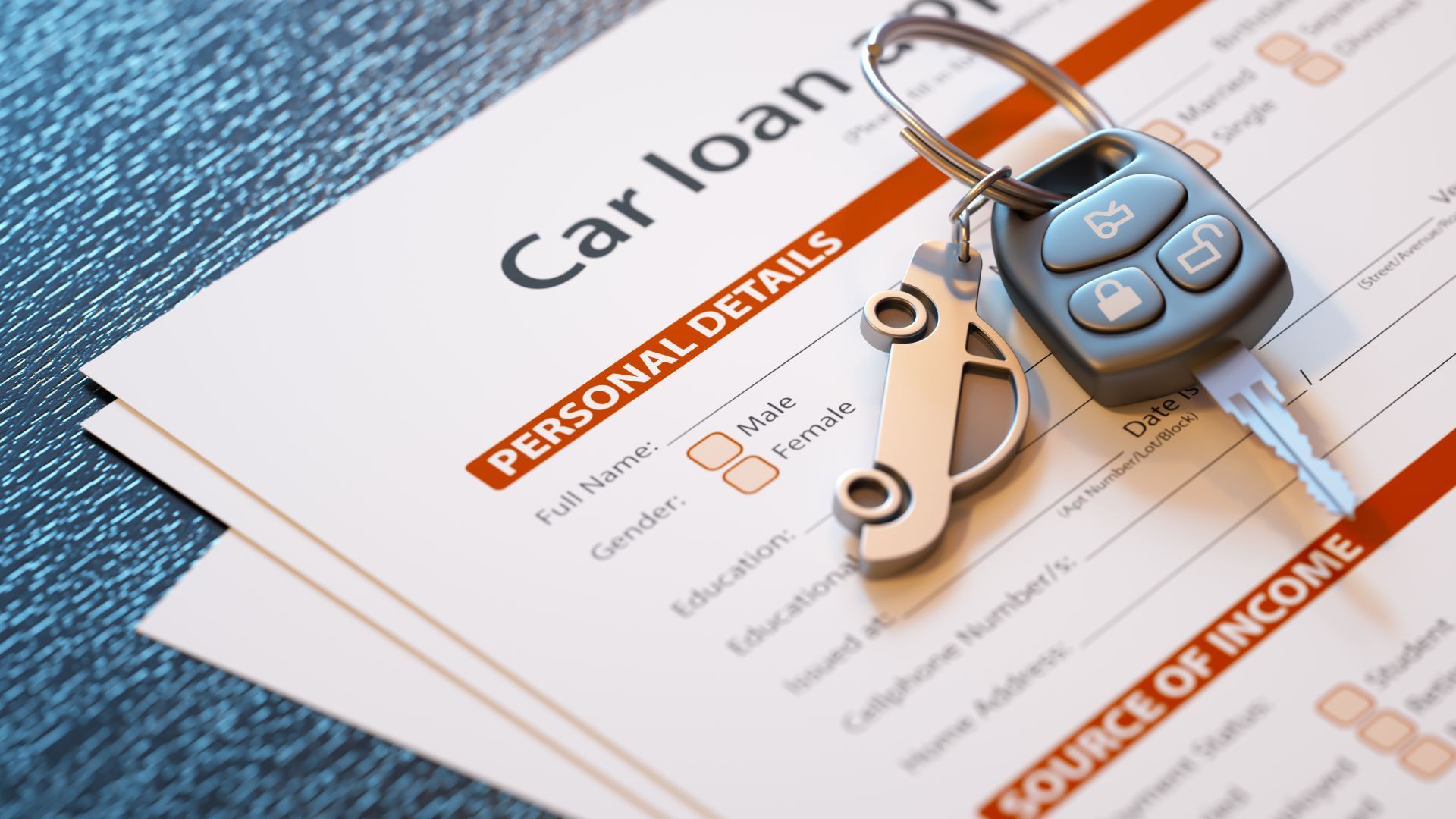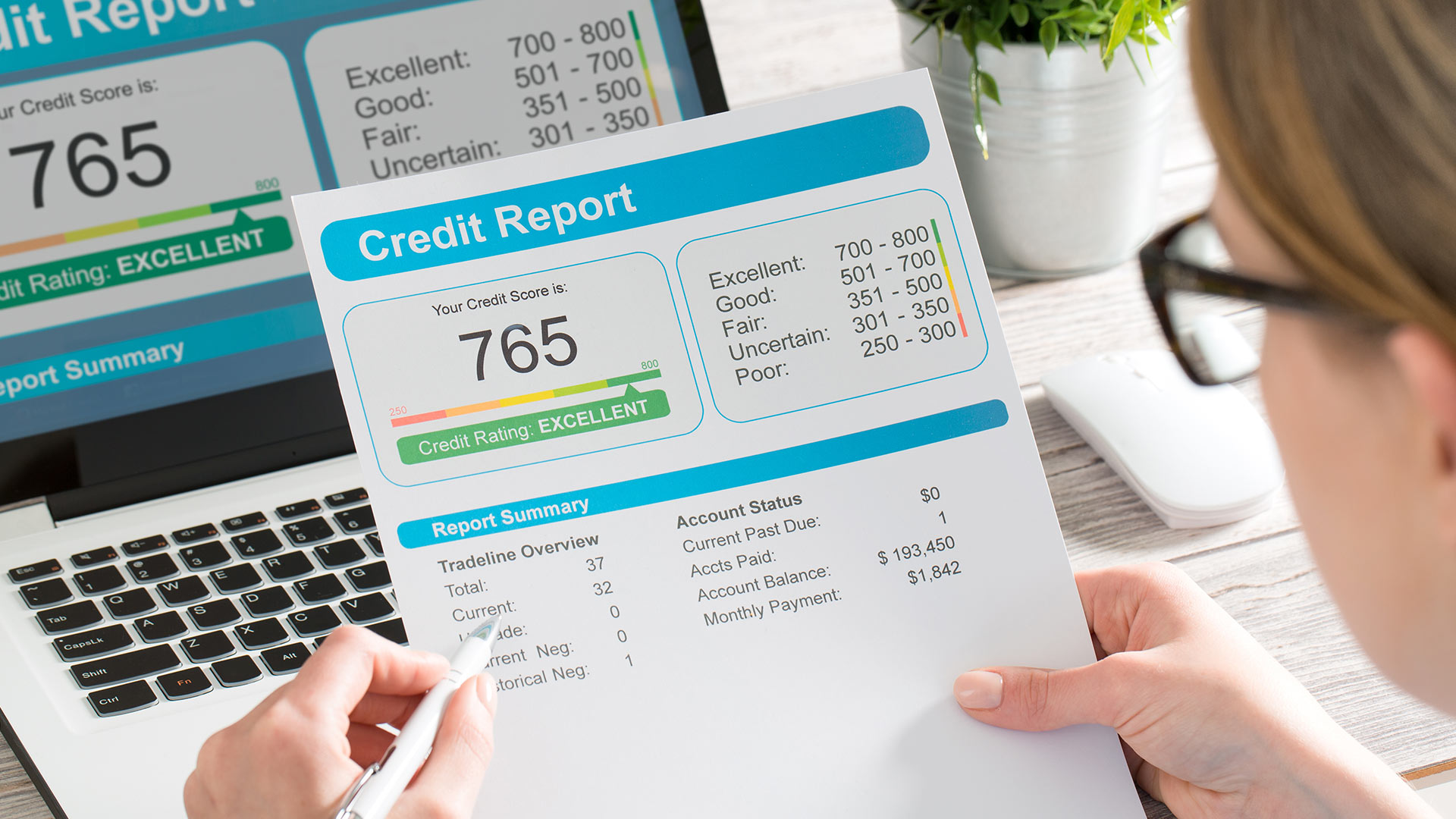When it comes to financing a new or used car, securing the right car loan can make a significant difference in your overall financial picture. A well-structured car loan can save you money and help you avoid common pitfalls. In this guide, we will explore a range of tips and strategies to help you save on your car loan and make a smart financial decision.
Introduction: The Importance of a Good Car Loan
Why Your Car Loan Matters A car loan is a financial commitment that can impact your budget and overall financial well-being for several years. A favorable car loan can lead to significant savings, while an unfavorable one can cost you more in interest and fees. Understanding how to navigate the car loan process is crucial for making a smart financial decision.
How the Right Loan Can Save You Money A well-structured car loan can help you save money in various ways. It can offer lower interest rates, flexible terms, and fewer fees, all of which contribute to lower overall costs. This guide aims to empower you with knowledge and strategies to secure a car loan that aligns with your budget and financial goals.
Assessing Your Budget and Needs
Determining Your Budget Before considering a car loan, it’s essential to establish a realistic budget. Understand your current financial situation, including your monthly income, expenses, and savings goals. A clear budget will help you determine how much you can comfortably allocate to car-related expenses, including the loan payment, insurance, and maintenance.
Evaluating Your Vehicle Needs Consider your specific transportation needs when selecting a vehicle. Assess factors such as the number of passengers, cargo space, fuel efficiency, and safety features. Choosing a vehicle that suits your needs can prevent you from overspending on unnecessary features.
Balancing Wants and Needs While it’s natural to desire a stylish or feature-packed vehicle, it’s crucial to differentiate between wants and needs. Prioritize essential features that align with your lifestyle and daily commute. Balancing your desires with your budget will help you make a more financially responsible choice.
Know Your Credit Score and Credit Report
The Impact of Credit on Your Loan Your credit score plays a significant role in the interest rate you qualify for on a car loan. Lenders use your credit score to assess your creditworthiness and determine the level of risk associated with lending to you. A higher credit score typically results in lower interest rates and more favorable loan terms.
Checking and Improving Your Credit Score Review your credit report from all three major credit bureaus (Equifax, Experian, and TransUnion) to ensure accuracy. Dispute any errors or discrepancies that may be negatively impacting your score. Additionally, take steps to improve your credit score by paying bills on time, reducing credit card balances, and avoiding opening new lines of credit.
Correcting Errors on Your Credit Report If you identify errors on your credit report, follow the proper procedures to dispute and correct them. Errors can include inaccurate account information, late payments that were made on time, or accounts that don’t belong to you. Addressing these issues can lead to an improved credit score.
Shopping for the Best Interest Rates
Interest Rates and APR Explained Interest rates significantly impact the cost of your car loan. The annual percentage rate (APR) represents the total cost of the loan, including interest and fees, expressed as a percentage of the loan amount. Lower interest rates and APRs result in lower overall loan costs.
Researching Lenders and Loan Types Explore lending options from various sources, including banks, credit unions, online lenders, and dealership financing. Compare interest rates and loan terms to identify the most competitive offers. Be cautious of “buy here, pay here” dealerships that often charge high-interest rates.
Negotiating for Lower Interest Rates Negotiating the interest rate with lenders is a common practice. A strong credit history and pre-approval from another lender can be valuable negotiation tools. Don’t hesitate to ask lenders if they can offer a lower interest rate based on your creditworthiness.
Understanding Loan Terms and Length
Loan Term Options Car loans typically come with various term lengths, commonly ranging from 36 to 72 months. Shorter loan terms result in higher monthly payments but lower overall interest costs. Longer loan terms offer lower monthly payments but may result in higher total interest paid.
The Pros and Cons of Short vs. Long Terms Consider your financial goals and budget when selecting a loan term. Shorter terms can help you pay off the loan faster and build equity in the vehicle more quickly. Longer terms offer lower monthly payments, which may be suitable for those with tighter budgets but may result in paying more in interest over the life of the loan.
How Loan Length Affects Total Interest Paid Use online loan calculators to estimate how different loan terms impact your monthly payments and total interest paid. Understanding these numbers will help you make an informed decision about the loan term that best suits your financial situation.
Making a Larger Down Payment
Benefits of a Down Payment Making a substantial down payment on your car purchase can lead to several advantages:
- Reduced Loan Amount: A larger down payment lowers the principal amount of the loan, resulting in lower monthly payments.
- Lower Interest Costs: Less money borrowed means less interest paid over the life of the loan.
- Improved Loan Terms: Lenders may offer more favorable loan terms to borrowers with larger down payments.
Saving Strategies for a Down Payment Plan ahead and save for a down payment before purchasing a car. Consider setting up a dedicated savings account or automatic transfers to accumulate funds over time. You can also explore additional income sources or reduce discretionary expenses to boost your savings.
The Impact of a Larger Down Payment A larger down payment can provide financial security and flexibility. It reduces the risk of negative equity (owing more than the car is worth) and may open doors to more attractive loan offers. Strive for a down payment that covers at least 20% of the car’s purchase price for optimal benefits.
Comparing Loan Offers and Loan Fees
Loan Offers from Different Lenders Don’t limit your search to a single lender. Obtain loan offers from multiple lenders and compare them based on interest rates, APRs, and loan terms. Online loan marketplaces can simplify the process of gathering quotes from various lenders.
Loan Origination Fees and Other Costs In addition to interest rates, consider other loan-related fees that lenders may charge, such as loan origination fees or prepayment penalties. These fees can significantly impact the overall cost of the loan.
Hidden Fees to Watch Out For Be cautious of hidden or undisclosed fees that some lenders may impose. Read loan agreements carefully, and ask lenders to clarify any unclear terms or fees. It’s essential to have a clear understanding of all associated costs before finalizing a loan.
Avoiding Add-Ons and Extended Warranties
Dealership Add-Ons and Upsells Dealerships often offer add-on products and services, such as extended warranties, vehicle protection packages, or gap insurance. While these add-ons can provide value in certain situations, they can also increase the overall cost of your car purchase. Carefully assess whether you truly need these extras.
The True Cost of Extended Warranties Extended warranties can provide peace of mind by covering repair costs after the manufacturer’s warranty expires. However, they come at a price. Consider whether the potential repair costs justify the expense of an extended warranty.
Making Informed Decisions Before agreeing to any dealership add-ons or extended warranties, research the products, compare prices with independent providers, and assess whether they align with your specific needs and budget.
Prepayment Penalties and Refinancing
Prepayment Penalties Explained Some car loans may include prepayment penalties, which impose fees or restrictions if you pay off the loan early. Be aware of these penalties and consider loans without such restrictions if you plan to make additional payments or pay off the loan ahead of schedule.
Refinancing as a Cost-Saving Strategy Refinancing your car loan can be a valuable strategy to lower your interest rate, reduce monthly payments, or change your loan term. It is especially useful if your credit score has improved since obtaining the initial loan or if market interest rates have decreased.
When Refinancing Makes Sense Refinancing is beneficial when it leads to meaningful savings and aligns with your financial goals. Calculate the potential savings before proceeding with refinancing, taking into account any associated fees.
The Importance of Reading the Fine Print
Reviewing Loan Documents Carefully Carefully read and understand all loan documents before signing. Pay close attention to interest rates, loan terms, fees, and any conditions or restrictions. Seek clarification from the lender on any terms that are unclear or confusing.
Understanding Terms and Conditions Loan agreements may contain terms and conditions that can affect your rights and responsibilities as a borrower. Ensure you understand factors like late payment policies, grace periods, and the consequences of defaulting on the loan.
Seeking Legal Advice When Necessary In complex or unfamiliar loan situations, consider seeking legal advice to ensure that you fully understand the legal implications of the loan agreement. Legal professionals can help protect your interests and rights as a borrower.
Negotiating Your Car Price
Effective Negotiation Techniques Negotiating the purchase price of the car is a key element in saving on your car loan. Practice effective negotiation techniques, such as researching the car’s market value, being prepared to walk away, and focusing on the total cost of the vehicle.
Timing Your Purchase for Savings Consider timing your car purchase strategically. Dealerships may offer discounts and promotions at specific times of the year, such as the end of the month or end of the model year. Timing your purchase can lead to additional savings.
The Role of Pre-Approved Loans Arriving at the dealership with pre-approved financing can give you negotiating leverage. It allows you to focus on negotiating the car’s price rather than the financing terms, potentially leading to a better overall deal.
Insurance Considerations
How Car Insurance Impacts Your Budget Car insurance is a significant ongoing expense associated with car ownership. It’s essential to understand how your choice of vehicle, coverage level, and deductible affect your insurance premiums.
Shopping for Competitive Insurance Rates To save on car insurance, shop around for competitive rates from multiple insurance providers. Consider bundling your auto insurance with other policies, such as homeowners or renters insurance, to qualify for discounts.
Balancing Coverage and Costs Evaluate your insurance coverage to ensure it aligns with your needs without unnecessary frills. Adjust your coverage levels and deductible to find the right balance between protection and affordability.
Evaluating the Total Cost of Ownership
Beyond the Loan: Calculating Total Costs When budgeting for a car purchase, don’t focus solely on the loan payment. Factor in other expenses, such as insurance, fuel, maintenance, and registration fees. The total cost of ownership provides a more accurate picture of your ongoing expenses.
Long-Term Maintenance and Repairs Anticipate maintenance and repair costs over the life of the vehicle. Regular maintenance can extend the life of your car and prevent costly repairs down the road.
Depreciation and Resale Value Understand the depreciation rate of your chosen vehicle. Some cars depreciate faster than others, impacting their resale value. Consider vehicles with strong resale value to mitigate depreciation costs.
Making Smart Financial Choices
Balancing Loan Affordability Choose a car loan that aligns with your budget and financial goals. Avoid stretching your budget to purchase a car with a high monthly payment, as it can lead to financial stress and potential default.
Revising Your Budget When Necessary Life circumstances can change, impacting your ability to make loan payments. Be prepared to revise your budget if necessary and explore options such as loan deferment or refinancing to manage financial challenges.
The Benefits of Early Loan Payoff Whenever possible, aim to pay off your car loan ahead of schedule. Early loan payoff not only saves on interest costs but also provides financial freedom by eliminating a monthly payment.
Conclusion: Empowering Your Car Buying Experience
Taking Control of Your Car Loan Securing a car loan is a significant financial decision, and the choices you make can have a lasting impact on your budget. By following the tips and strategies outlined in this guide, you can take control of your car loan, minimize costs, and make a financially sound investment in your vehicle.
Enjoying Your Vehicle While Saving Money Remember that a car loan is a tool to help you acquire the vehicle you need. By making informed decisions throughout the car buying process, you can enjoy your new or used car while simultaneously saving money and maintaining financial peace of mind.



























